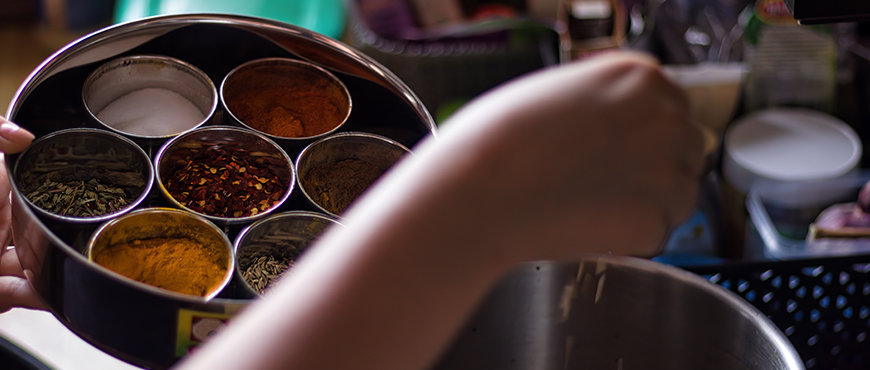Whole Spices That Are Must-Haves in Indian Cuisine
The essence of Indian cuisine lies in the variety of flavors it has to offer. But what is the secret behind such diverse flavors and mouthwatering delicacies? These are the Indian whole spices that bring in the flavorful aroma and taste to the dishes we relish. Read this blog to learn about some of those spices that enhance the flavor of Indian food!
India is regarded as the spice capital of the world. The wide variety of flavors that Indian cuisine boasts comes from the Indian whole spices that we use for cooking these delicacies.
Every Indian household has a box of these varied Indian whole spices, and sometimes these spices are also ground as per the requirement of the dish. The knowledge of adding spices to Indian food has been going on for generations, and one must be very particular about the quantity to get the best flavors.
The most crucial characteristics of Indian whole spices are that they bring authentic flavor to an Indian meal and provide massive health benefits with their medicinal values and properties.
This blog brings you some of the essential Indian whole spices and their uses, benefits, and flavors that they bring to your dishes.
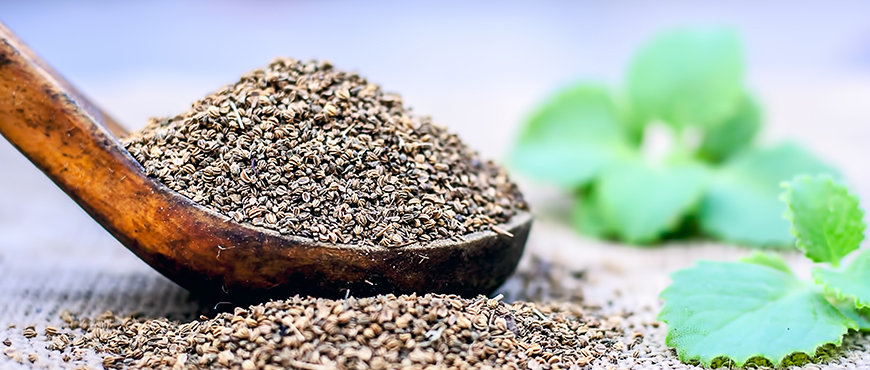
You’ve heard of carom seeds sometimes, but do you know that these carom seeds are the Ajwain that we use in some of our favorite dishes? Yes! Ajwain is also known as carom seeds and is one of the most flavorful and aromatic Indian food spices.
We use Ajwain’s flavors essentially for Indian snacks like pakoras, samosas, and other crunchy delights. Moreover, if you add Ajwain to various curries, parathas, rotis, or other Indian bread, you will enjoy a distinct flavor in every bite.
The flavor of Ajwain is exceptionally potent. Ajwain is rich in thymol content, making its taste similar to anise or oregano. Yet it is much stronger and hard-hitting. It comprises monosaturated fatty acids that, in turn, help prevent premature greying of hair, treat acidity and also give relief from chronic ailments.
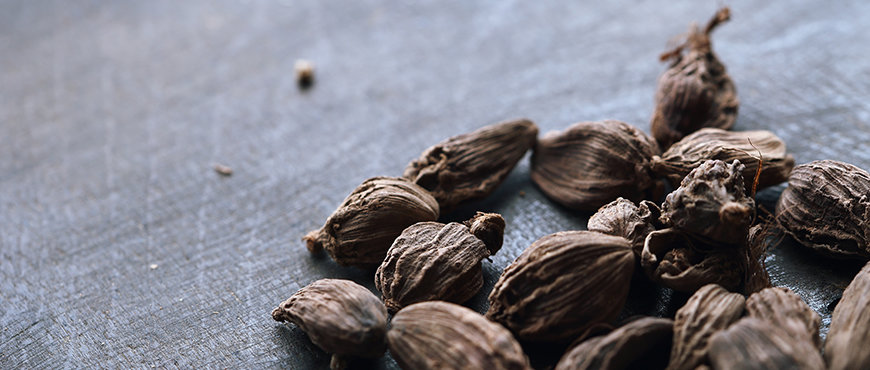
Elaichi or cardamom is an all-time favorite aromatic spice for Indians worldwide. It is mainly used for flavoring and it adds potent essence to dishes that it is included in. Black cardamom provides a strong flavor similar to the aroma of camphor, and it also adds a smoky character when dried. It is best enjoyed when added to tea, making the beverage more flavorful and aromatic.
We use Ajwain’s flavors essentially for Indian snacks like pakoras, samosas, and other crunchy delights. Moreover, if you add Ajwain to various curries, parathas, rotis, or other Indian bread, you will enjoy a distinct flavor in every bite.
The flavor of Ajwain is exceptionally potent. Ajwain is rich in thymol content, making its taste similar to anise or oregano. Yet it is much stronger and hard-hitting. It comprises monosaturated fatty acids that, in turn, help prevent premature greying of hair, treat acidity and also give relief from chronic ailments.
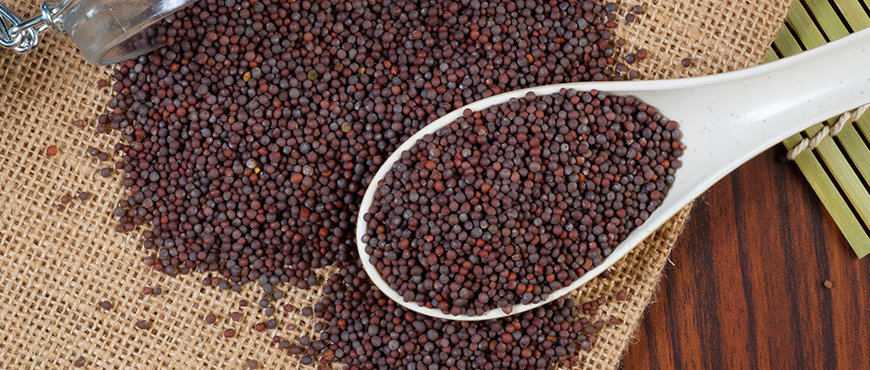
Mustard Seeds are often used for Indian meals for the potent flavor. The most common use of mustard is for curries, and the smoky essence and nutty taste is nothing short of heavenly. Mustard comes in three different forms such as yellow, black, or brown, but black mustard is more frequently used.
The taste of mustard seeds is released only when they are crushed or fried in oil. Additionally, mustard seeds comprise calcium, zinc, iron, dietary fibers, and magnesium. The high content of these medicinal values makes mustard beneficial for cardiovascular health, cough and cold symptoms, and hair development.
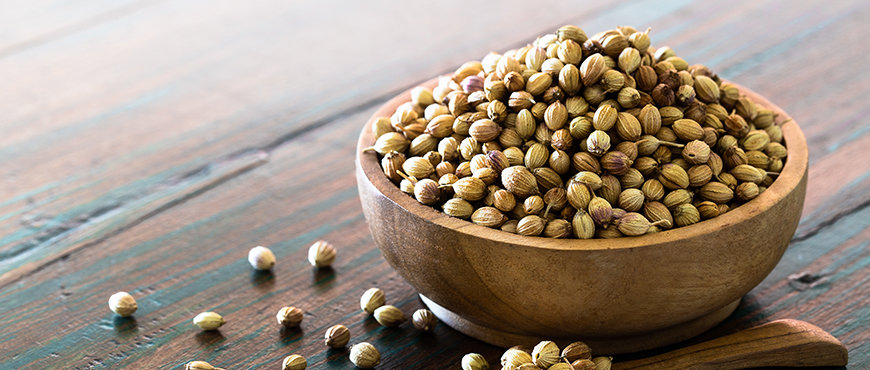
If you know about cilantro, you must also be aware that the Coriander Whole comes from it. The aroma of coriander is beautiful as it is citrusy but also comprises a pinch of leafy and woody essence. Coriander serves as a stellar combination if your dish includes some sour elements.
You can add coriander to different dishes by grinding it or flavor the oil with it before adding the other spices or frying ingredients. There are a variety of delicacies like vindaloo, stews, etc. where coriander plays a major part in the taste and essence of authenticity.
Coriander helps in our bodies’ proper blood circulation and boosts cooling properties.
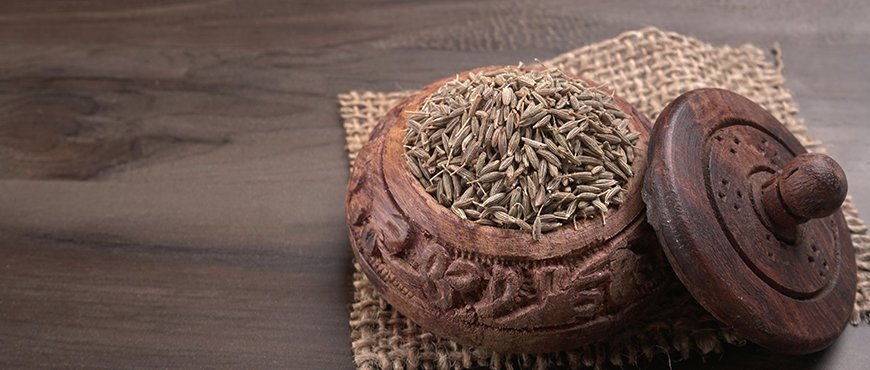
Are you fond of smoky flavors in your meals? Then using whole cumin is the best way to go! The use of cumin requires one to be very careful and attentive towards its addition. Whole cumin should be roasted to bring a smoky flavor to your dishes. But it would be best if you remember that cumin burns quite rapidly, and that taste is very unpleasant. So you must be careful while you roast it to get the perfect flavor that you seek in your curries and rice dishes!
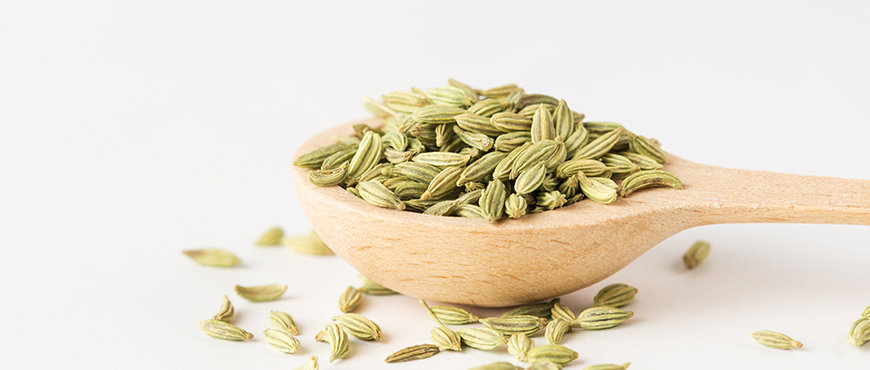
Fennel is essentially a seasoning element in the Indian cusine and it is used widely. It is added to various dishes like stews, desserts, kheer, etc. We also use fennel in rice or tea. Additionally, due to its extremely pleasan scent, it is used as a mouth freshener after a hearty meal.
Fennel also comprises a wide variety of medicinal values and it is high in Vitamin C content. It also treats indigestion, prevents cancer risks, and helps strengthen our bones.
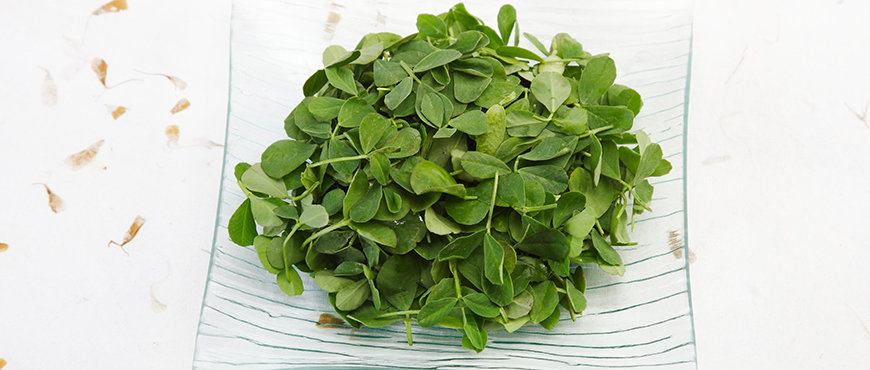
Fenugreek leaves, when dried, give you one of the most important food spices, Kasuri Methi. Fenugreek gives a robust smell that is perfect for curries due to its excessively intense fragrance. It has health benefits like reduction of cholesterol, boosting testosterone, and lowering of blood pressure.
The Indian whole spices mentioned above are just the tip of the iceberg as there are many more. But these are some of the essential ones that are used throughout. The flavors and health benefits these Indian whole spices offer are unparalleled, so one must consider trying them in the organic form.
If you’re confused about where you can buy organic Indian spices, check out our website for Dwarka Organic Indian Whole Spices. We manufacture and sell organic products in the USA. You can shop for 100% pure organic and natural Dwarka Organic products at Amazon or your nearest Indian grocery store.

